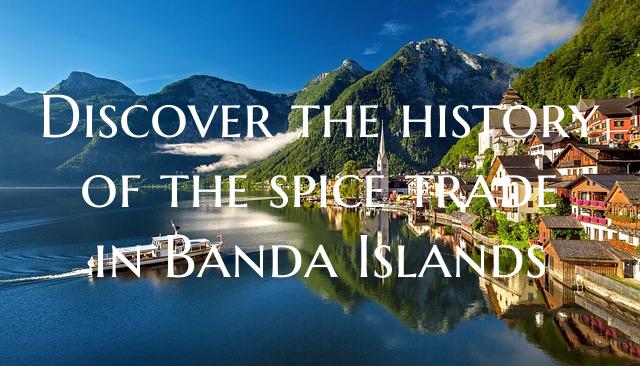
The Banda Islands, also known as the Spice Islands, hold a significant place in history as the epicenter of the global spice trade. The history of the spice trade in the Banda Islands dates back centuries and has played a crucial role in shaping world economies and cultures.
During the Age of Exploration in the 16th and 17th centuries, these tiny islands in modern-day Indonesia were the only place in the world where nutmeg and mace grew. These spices were highly sought after for their medicinal, preservative, and flavor-enhancing properties, leading to a fierce competition between European powers to control the spice trade.
The Dutch East India Company, also known as the VOC, established a monopoly over the spice trade in the Banda Islands, ruthlessly driving out competitors and exploiting the local population. The Dutch not only reaped enormous profits from the spice trade but also committed atrocities in their quest for dominance, including massacres and forced labor.
The history of the spice trade in the Banda Islands is a dark and complex tale of greed, power, and exploitation. The legacy of this turbulent period can still be seen on the islands today, with remnants of Dutch colonial architecture and the continued cultivation of nutmeg and mace.
Visitors to the Banda Islands can immerse themselves in this rich history by exploring historic sites, such as Fort Belgica and the nutmeg plantations. They can also witness the traditional methods of nutmeg processing and learn about the cultural significance of these spices to the local communities.
In conclusion, the history of the spice trade in the Banda Islands is a fascinating and cautionary tale that highlights the impact of colonialism and globalization on small, remote communities. By delving into this history, we can gain a deeper understanding of the profound influence that spices have had on our world.